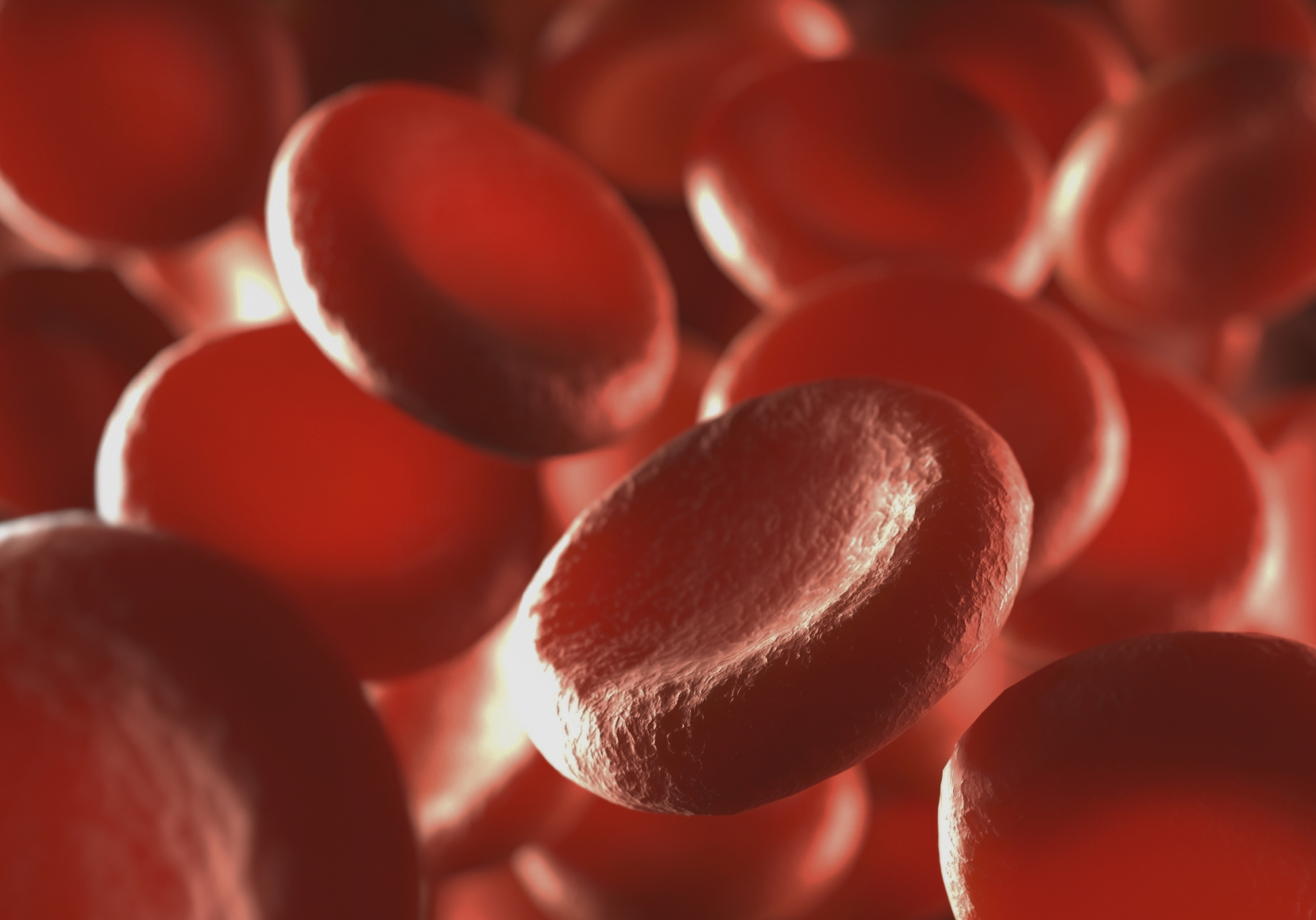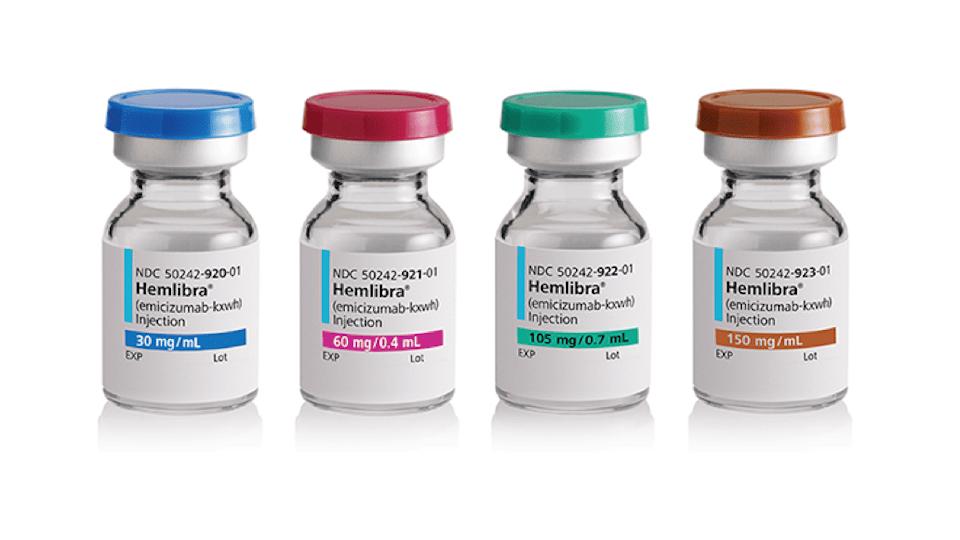Roche's haemophilia drug hits phase 3 targets

Roche's haemophilia drug, emicizumab, has succeeded in a late-stage trial in haemophilia A, as the Swiss company hopes to take on rivals from Novo Nordisk and Shire.
Emicizumab was developed by Roche's development partner, Chugai, which Roche has a majority stake in.
EP Vantage predicts sales of $1.5 billion in 2022, making emicizumab one of the biggest sales hopes in the company's pipeline.
The HAVEN 1 study is the first late stage trial of emicizumab to report findings, in haemophilia A and inhibitors to factor VIII, and Roche expects to file the drug to regulators in this indication next year.
Roche is also developing the drug in haemophilia A without inhibitors, and plans filings in this use in 2018.
HAVEN 1 showed a statistically significant reduction in the number of bleeds over time in people treated with emicizumab prophylaxis compared to those receiving no prophylactic treatment.
The study also met all secondary endpoints, including a statistically significant reduction in the number of bleeds over time with emicizumab prophylaxis treatment in an intra-patient comparison in people who had received prior bypassing agent prophylaxis treatment.
The most common adverse events with emicizumab were injection site reactions, consistent with prior studies.
As previously reported, Roche said two patients had thromboembolic events and two patients developed thrombotic microangiopathy (TMA) – the restriction of blood flow in small capillaries, potentially damaging organs such as the kidneys and the brain.
The Swiss pharma said the common aspect between all cases of thromboembolic events and TMA is that they occurred in patients who were on emicizumab prophylaxis and in addition received activated prothrombin complex concentrate to treat breakthrough bleeds.
Neither thromboembolic event required anti-coagulation therapy and one patient restarted emicizumab. Both cases of TMA have completely resolved, and one patient restarted emicizumab.
Sandra Horning, chief medical officer and head of global product development at Roche said: “We are pleased to see that, in our first pivotal trial, emicizumab prophylaxis significantly reduced the number of bleeds over time in people in this difficult-to-treat setting. We look forward to working with health authorities to bring this treatment to the haemophilia community as soon as possible.”
Alain Baumann, CEO of the World Federation of Hemophilia, said: “Since the mid-1990’s, there have been incremental improvements in the treatment of haemophilia A with inhibitors. The current burden of treatment is significant.
“WFH is supportive of research that could yield new therapeutic agents and offer a new treatment option for inhibitor patients. Filling this need would be a significant advance."












